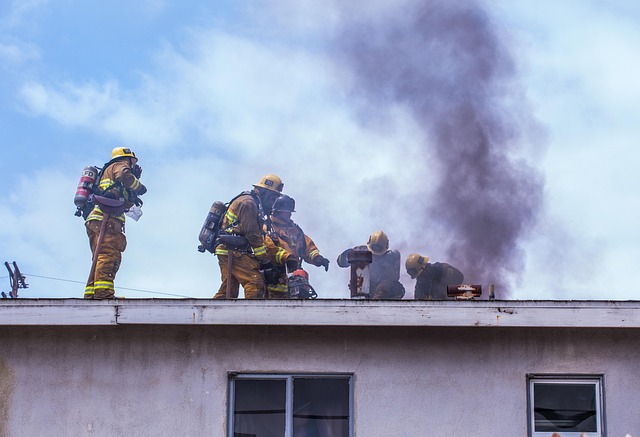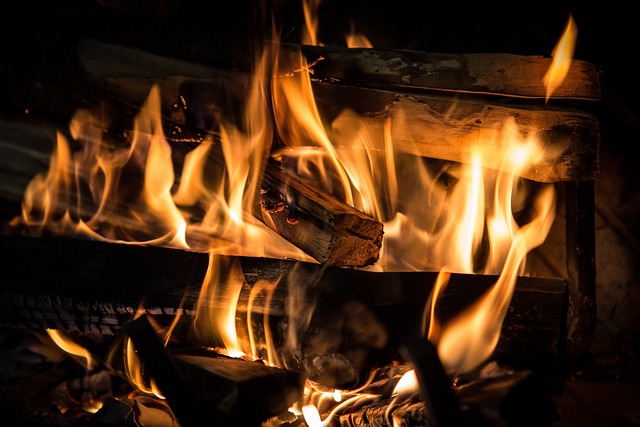Chicago's real estate market is characterized by resilience and diversity, with recent construction booms increasing inventory but intensifying competition. Historic buildings and neighborhoods are gaining popularity for their renovation potential, while the strong job market and excellent infrastructure drive high demand for housing. Even challenges like property taxes and fierce competition cannot diminish growth prospects, as evidenced by renovated properties that have overcome issues like fire damage to achieve strong sales prices. "Can you sell a house with fire damage Chicago?" indeed, the answer is affirmative given the right renovations and market conditions.
Chicago’s real estate landscape presents unique opportunities and challenges, especially after fires. This comprehensive guide explores how investors navigate post-fire scenarios, from understanding market trends and legalities to marketing strategies and financing options. Discover expert insights on rehabilitating damaged properties, attracting buyers for ‘fire-damaged’ homes in Chicago, and mitigating risks in affected areas. Learn from successful case studies, and unlock the secrets to thriving in this dynamic market, even amidst challenges like fire damage.
Understanding Chicago's Real Estate Market: Trends and Opportunities for Investors

Chicago’s real estate market is known for its resilience and diversity, offering a range of opportunities for investors. Understanding the city’s unique dynamics is crucial for success. In recent years, Chicago has experienced a surge in residential construction, particularly in areas like downtown and nearby suburbs, leading to increased competition but also providing a healthy inventory of properties for buyers and investors alike. One notable trend is the growing interest in historic buildings and neighborhoods, where careful renovation can yield significant returns.
When it comes to opportunities, Chicago’s diverse demographics and strong economy present a solid case for investment. The city’s robust job market and attracting industries like finance, technology, and healthcare ensure a steady demand for housing. Moreover, factors such as the popularity of walkable communities and excellent public transportation have driven interest in urban living. Even challenges like property taxes and a competitive marketplace cannot overshadow the potential for growth. For instance, properties that have undergone renovations to address issues like fire damage can still command strong prices, demonstrating the market’s adaptability and investors’ willingness to embrace opportunities beyond minor setbacks.
Chicago’s real estate market presents unique opportunities for investors, with its diverse neighborhoods and strong economic fundamentals. While challenges like the cost of living and competitive environment exist, understanding local trends, such as the increasing demand for rental properties, can help guide strategic investments. Even in areas like those affected by fire damage, like can you sell a house with fire damage Chicago, there’s potential for renovation and recovery, offering savvy investors the chance to turn challenges into profits. By staying informed and adapting to market shifts, real estate investors can capitalize on Chicago’s ever-evolving landscape.






